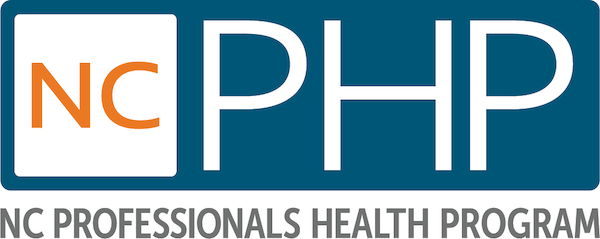Anger is a normal and healthy emotion. Experiencing anger is not a problem; it is how we respond to anger that can become problematic and even destructive. Dealing inappropriately with our anger can get us into legal trouble, affect our health, impair our judgment, and negatively impact our quality of life.
Despite the fact that our anger can be very intense and destructive, we may not be fully aware of it, or we may have ignored or suppressed the impact that it has on our lives.
Signs and indicators of anger management issues
- Inability to let go of situations or to accept disappointments or frustrations
- A hair trigger: getting very angry, very easily; increased stress and anxiety
- Reaction disproportionate to the circumstance (an overreaction)
- Impatient; intolerant; inflexible
- Saying or doing things we later regret, then avoiding people or acting as if nothing happened
- Verbal attacks – cursing, criticism, sarcasm, or name-calling
- Getting so angry we can’t remember what we said or did
- Family or co-workers expressing fear of our temper
- Hurting ourselves or someone else as a result of our anger
- Comforting ourselves with alcohol/drugs, food, spending money or other behaviors.
Physical and social impacts
Lashing out at others and being verbally abusive can leave lasting scars on the people around us. Unfortunately these people can often be the people we love and care about the most. Whether in our personal or professional lives, unrestrained anger creates an atmosphere where we alienate ourselves from others because they don’t want to be around us. It makes it difficult for people to trust us, to be open and honest with us, or to even feel comfortable around us. It erodes the respect others have for us, and often the respect we have for ourselves.
Passive-Aggressive behavior
Another unhealthy way we express our anger is in the form of passive-aggressive behavior. While the anger may be just as intense, our reaction is through indirect and covert forms of hostility. It is a way to “get even” without openly communicating our anger to someone.
Passive-Aggressive anger signs and indicators
- Refusing to comply, or verbalizing agreement and doing the opposite
- Putting off tasks or neglecting certain responsibilities
- Missing or being late for appointments
- Being cynical or sullen
- Constantly complaining, blaming others, and feeling unappreciated.
The competitive nature of medicine, the stress and fatigue from working too many hours, and the lack of balance in personal and professional life, combined with having to work with difficult patients and colleagues makes providers very prone to anger management issues. While we may not be able to avoid or change the people and situations that make us angry, we can learn to control our reactions.
If you think you or someone you know might have anger management issues, please contact us today.

